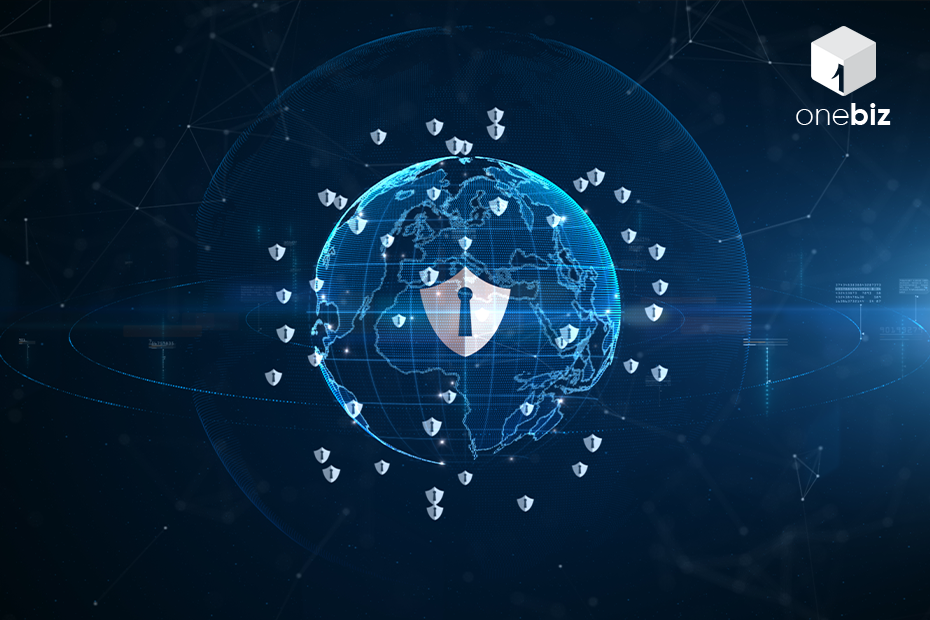In today’s digital landscape, the protection of client data has become a paramount concern for businesses across industries. As data breaches and cyber threats continue to escalate in frequency and sophistication, companies are proactively stepping up their cybersecurity efforts to ensure the safety and integrity of sensitive information.
In this blog post, we will explore how companies are gearing up for the challenges of the digital age by implementing more advanced cybersecurity measures. Join us as we delve into the strategies and technologies that companies are employing to safeguard client data and navigate the ever-evolving cyber threat landscape.
WHY CYBERSECURITY HAS BECOME SO IMPORTANT IN THE PRESENT DAY
Cybersecurity has become increasingly important due to several factors. Our society has grown reliant on digital technologies, making us vulnerable to cyber threats. The internet, cloud computing, and interconnected devices are susceptible to exploitation by malicious actors. Cybercriminals and state-sponsored hackers are constantly evolving their tactics, breaching systems, stealing data, and causing financial and reputational damage. Data breaches have become so prevalent nowadays.
Governments have introduced regulations and laws to protect individuals’ privacy and data, placing legal obligations on organizations to implement adequate security measures. Non-compliance of which can result in penalties and reputational damage. Not only that, cyber attacks can severely impact a company’s reputation and continuity. Customers prioritize businesses that demonstrate a commitment to cybersecurity.
HOW COMPANIES GEARING UP FOR ADVANCE CYBERSECURITY
Companies are increasingly recognizing the importance of advanced cybersecurity measures to protect their clients’ sensitive data and ensure the integrity of their systems. Here are some ways in which companies are gearing up for more advanced cybersecurity:
- Implementing robust encryption: Encryption is a fundamental security measure that companies employ to protect data both in transit and at rest. Advanced encryption algorithms and key management techniques are being adopted to secure data and communications effectively.
- Enhancing network security: Companies are investing in advanced network security infrastructure, such as firewalls, intrusion detection and prevention systems (IDPS), and virtual private networks (VPNs). These technologies help protect against unauthorized access, network breaches, and data exfiltration.
- Adopting multi-factor authentication (MFA): MFA adds an extra layer of security by requiring users to provide multiple pieces of evidence to verify their identity, such as passwords, biometric data, or hardware tokens. This reduces the risk of unauthorized access even if one factor is compromised.
- Implementing secure software development practices: Companies are incorporating secure coding practices, such as conducting regular security code reviews and utilizing automated vulnerability scanning tools. Secure development practices help identify and address security flaws and vulnerabilities early in the software development lifecycle.
- Conducting regular security audits and assessments: Companies are performing comprehensive security audits and assessments to identify vulnerabilities and potential risks within their systems. These assessments help companies identify areas for improvement and implement necessary security controls and measures.
- Investing in threat intelligence and monitoring: Organizations are utilizing advanced threat intelligence services to stay updated on emerging threats and vulnerabilities. They also employ real-time monitoring and analysis tools to detect and respond to potential security incidents promptly.
- Enhancing employee training and awareness: Cybersecurity awareness training programs are being implemented to educate employees about common security threats, social engineering techniques, and best practices for data protection. Well-informed employees are less likely to fall victim to phishing attacks or inadvertently compromise security.
- Establishing incident response plans: Companies are developing detailed incident response plans to effectively handle security incidents and minimize potential damage. These plans outline procedures for identifying, containing, mitigating, and recovering from security breaches.
- Embracing artificial intelligence and machine learning: AI and machine learning technologies are being leveraged to analyze large volumes of data, detect patterns, and identify anomalies or potential security breaches. These technologies can help companies proactively identify and respond to emerging threats more efficiently.
- Collaborating with external cybersecurity experts: Many companies are partnering with external cybersecurity firms or consultants to conduct security assessments, penetration testing, and provide ongoing advisory services. This collaboration ensures access to specialized expertise and a broader perspective on potential vulnerabilities.
Overall, companies are adopting a proactive and multi-layered approach to cybersecurity, combining technical measures, employee training, and ongoing monitoring to safeguard client data and protect against evolving threats.
